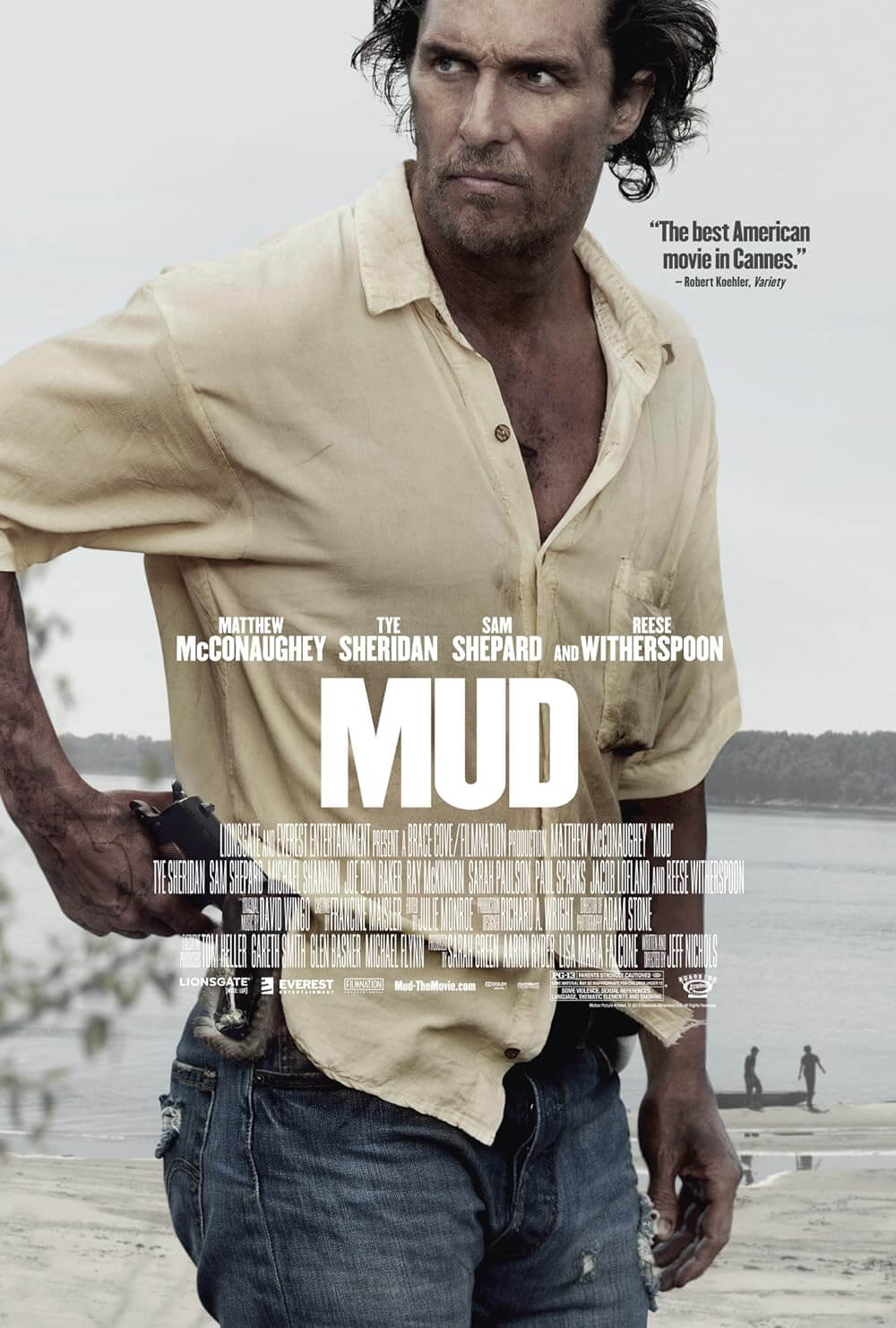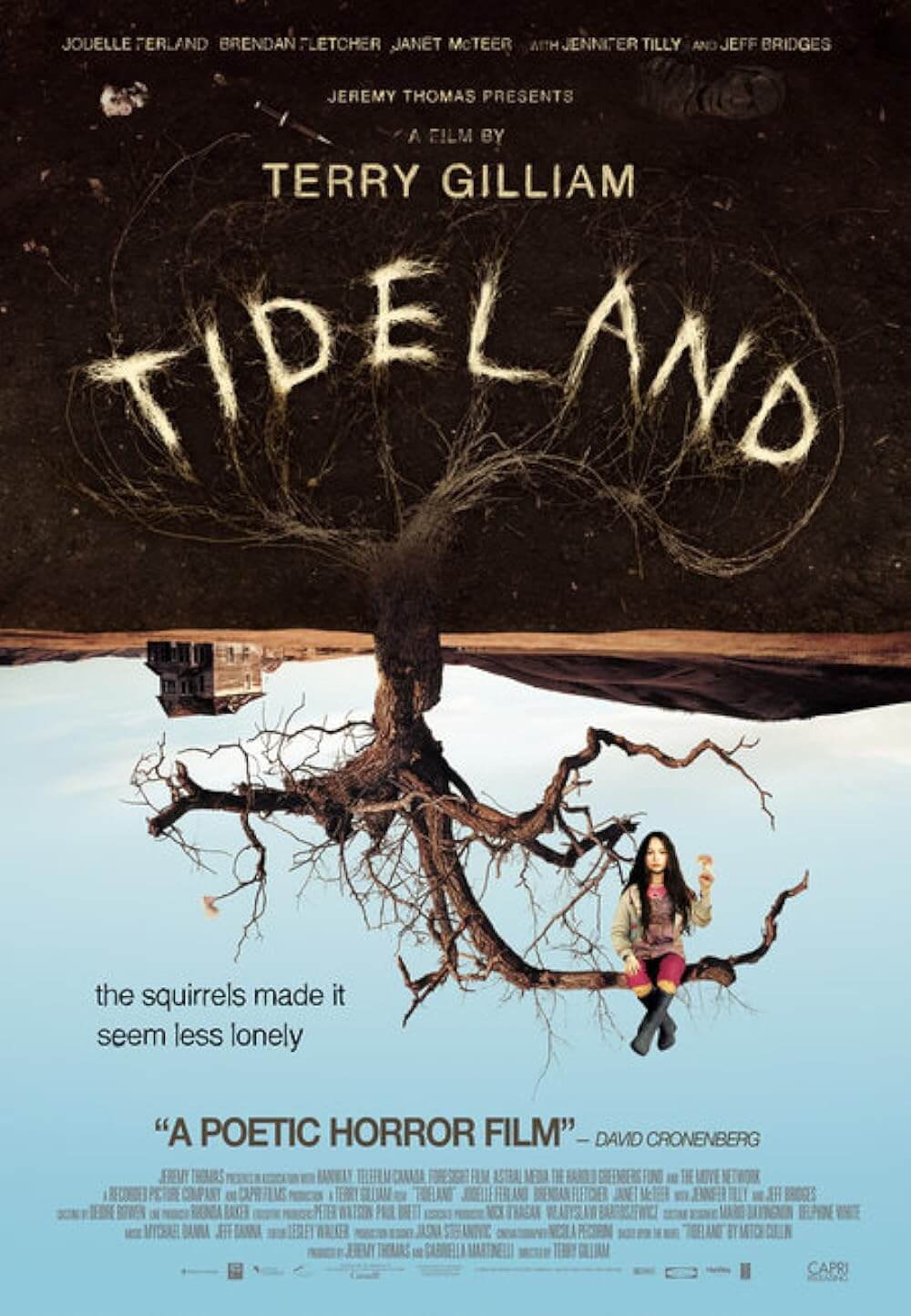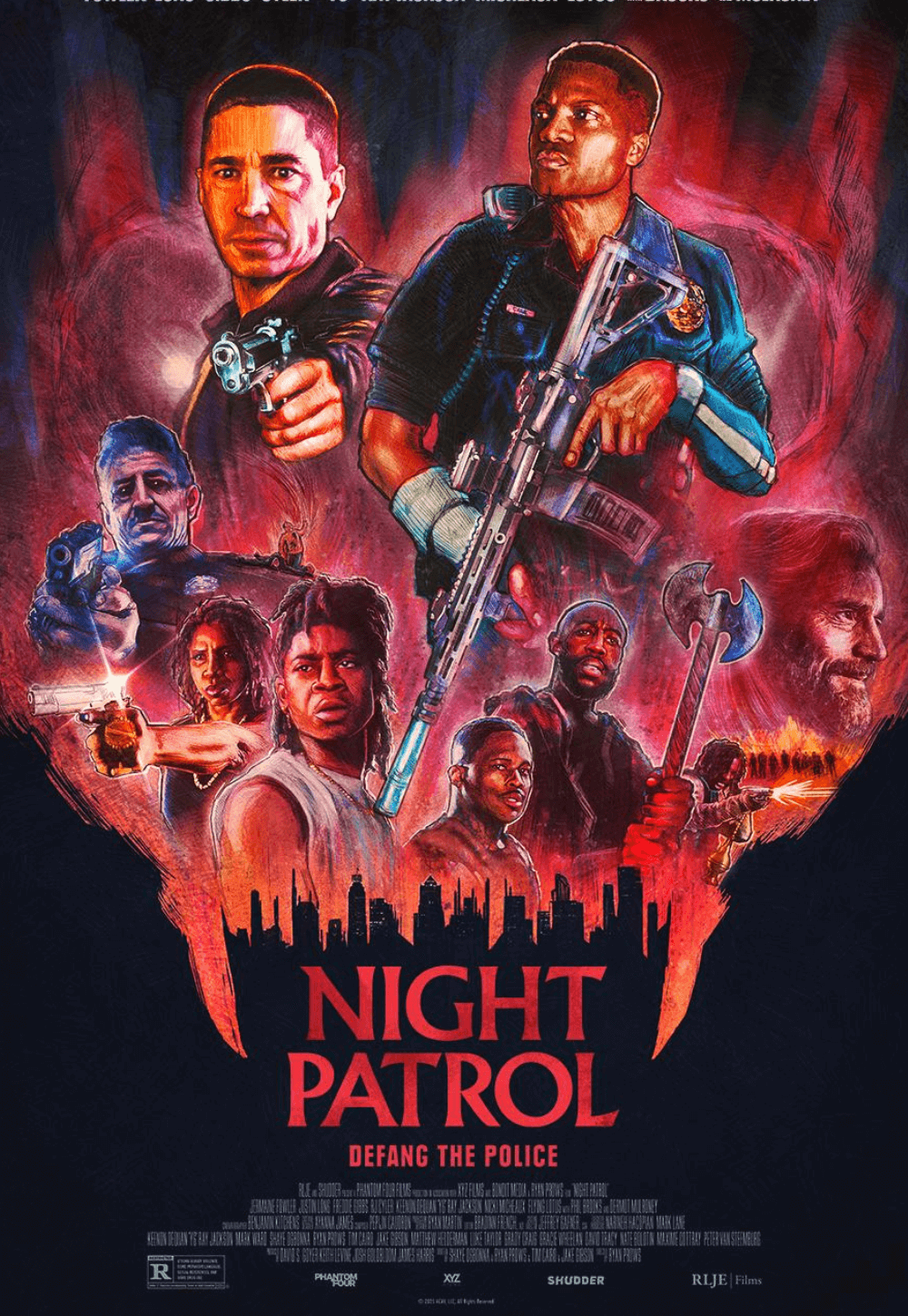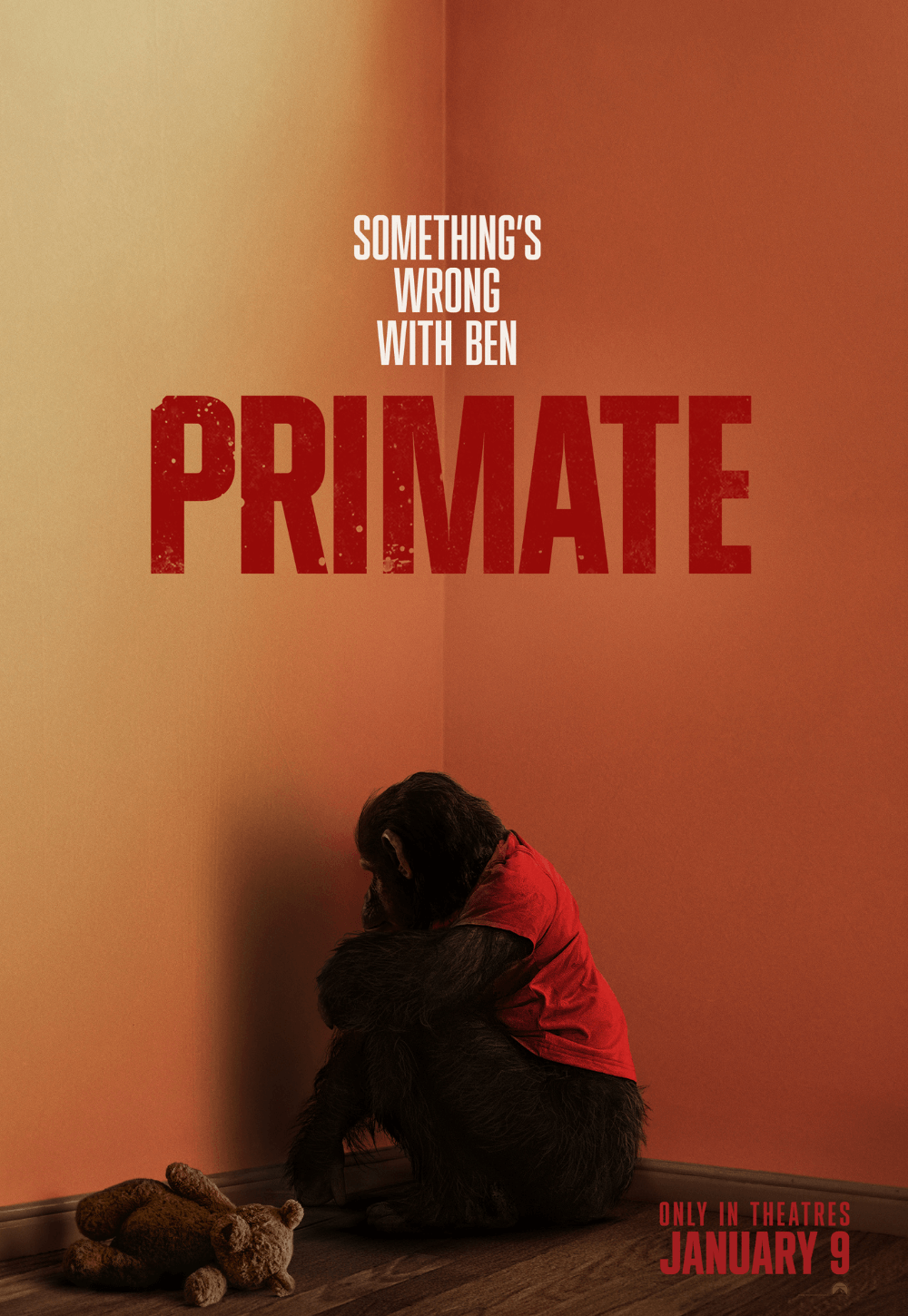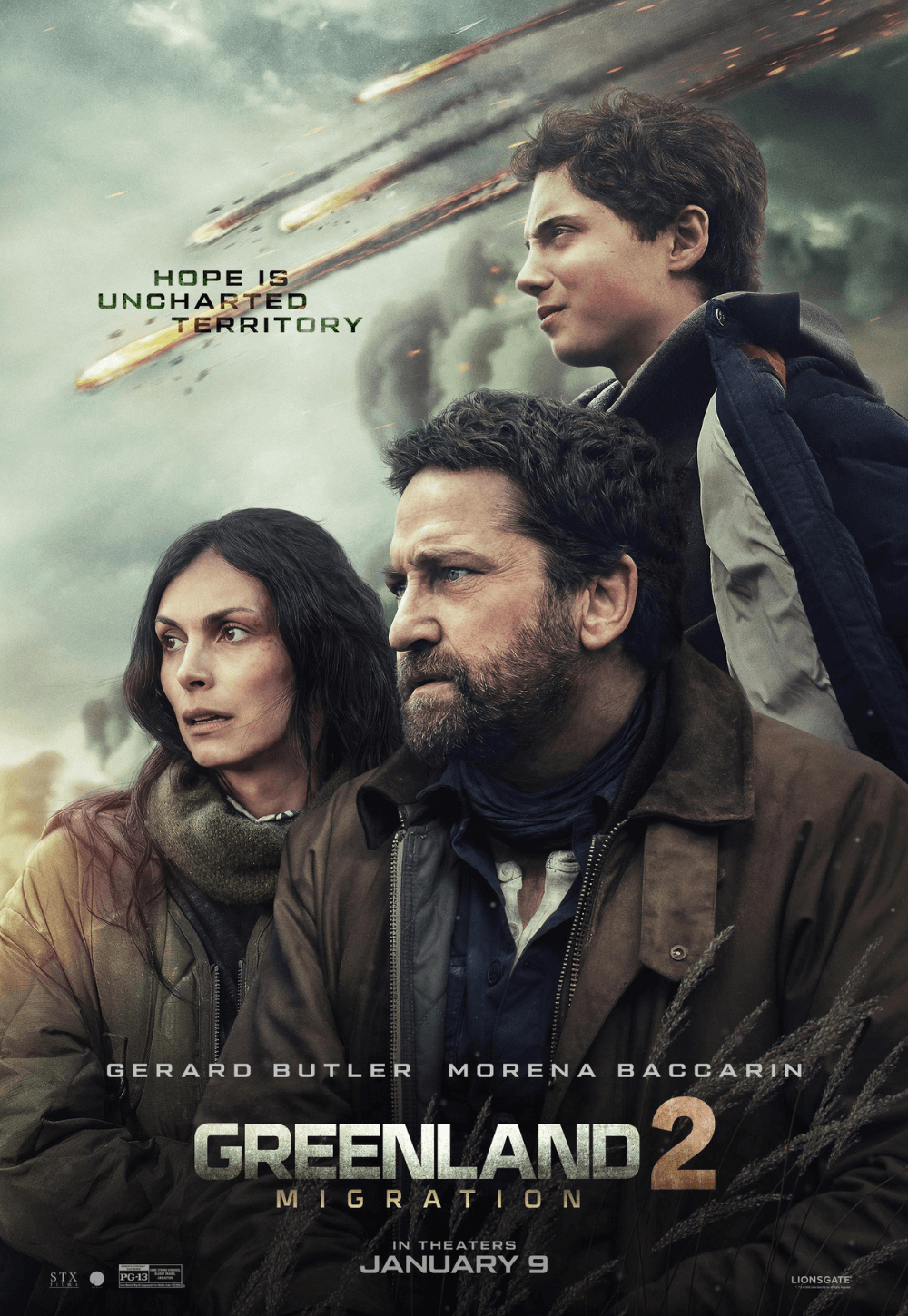Short Takes
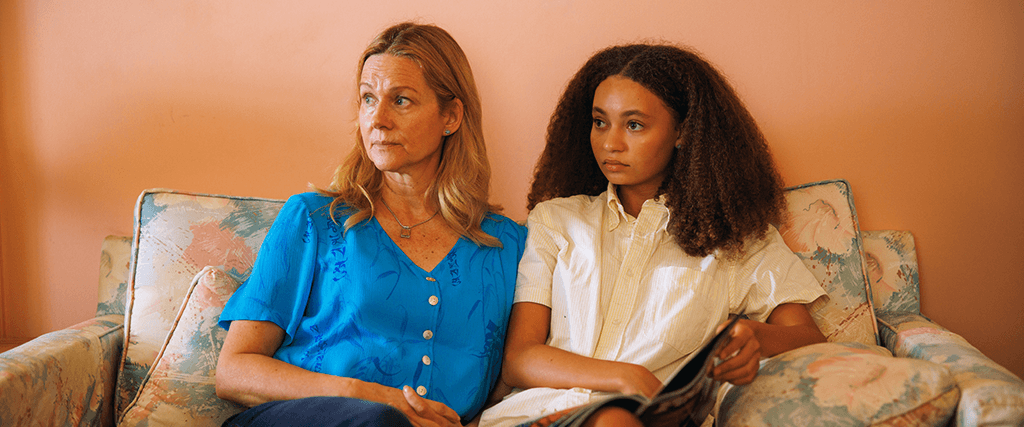
Suncoast
By Brian Eggert |
Writer-director Laura Chinn adheres to the Sundance movie template with unwavering commitment in Suncoast, a coming-of-age dramedy that confronts issues of religion, ethics, healthcare directives, and hospice care in banal ways. Nico Parker plays Doris, a teen whose older brother enters the titular hospital to pass from terminal cancer. While Doris grapples with an inevitable death in the family—but more so with the primary teenage concern of not being embarrassed—her beleaguered, high-tension single mother (Laura Linney) unravels. Chinn’s direction is capable, and the cast has its moments, but it so predictably conforms to the accessible indie movie template that the otherwise heavy material feels neutralized.
Suncoast unfolds against the backdrop of the Terri Schiavo case in 2005. With her brother in the same hospice center as Schiavo, Doris and her mother face heightened security due to protesters issuing threats to the hospital and demanding that Schiavo be allowed to live, despite her 15 years in a vegetative state. Similarly, at her private Christian high school, her ethics teacher (Matt Walsh)—somehow oblivious to Doris’ family situation—lectures about the Schiavo case and the ethics involved, subtly suggesting that Christian ethics don’t necessarily speak for all. It’s through these lenses that Doris, in a roundabout way, begins to think of her brother. At the same time, Doris receives life advice from Woody Harrelson—back in his sarcastic yet wise mentor mode from The Edge of Seventeen (2016)—one of the protesters who believes “every life is precious” because of his own tragic backstory.
The questions at the movie’s center: Should Doris go on living her life because her brother is unresponsive and will be dead soon anyway? Or does every moment of his life matter regardless of his catatonia? For the past six years, Doris has been one of her brother’s primary caregivers. Is it fair for her mother to expect her to completely sacrifice her teenage years to help care for her brother? Can anyone claim to know what someone else is going through in such situations? Should people expect others to live according to their ethical framework?
The movie counteracts its substantive questions with an accessible, almost passive lightness that seldom confronts or challenges. Though, in life, these situations are anything but easy. The same unchallenging quality applies to its form. The soundtrack and generic, programmed score by Este Haim and Christopher Stracey belong in an insurance commercial, while cinematographer Bruce Francis Cole’s visuals look bright and coherent.
Suncoast is in the same league as Little Miss Sunshine (2006), Captain Fantastic (2016), and CODA (2021)—funny and endearing movies that seem to be about alternative thinking but, at their core, reinforce conventions. There’s nothing inherently wrong with the type, except that, in this case, it makes only a modest lasting impact apart from the cast. Linney’s grating, at times awful character, shouldn’t distract from her ability to play it well. The breakout is Parker (from The Last of Us), who handles a range of emotions convincingly. Chinn’s movie is mostly successful for its affecting performances, but its remarks about preparing for loss and balancing life and grief feel less engaging than this material should.
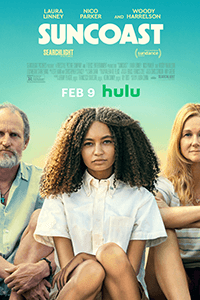
Thank You for Supporting Independent Film Criticism
If the work on DFR has added something meaningful to your love of movies, please consider supporting it.
Here are a few ways to show your support: make a one-time donation, join DFR’s Patreon for access to exclusive writing, or show your support in other ways.
Your contribution helps keep this site running independently. However you choose to support the site, please know that it’s appreciated.
Thank you for reading, and for making this work possible.
Brian Eggert | Critic, Founder
Deep Focus Review



